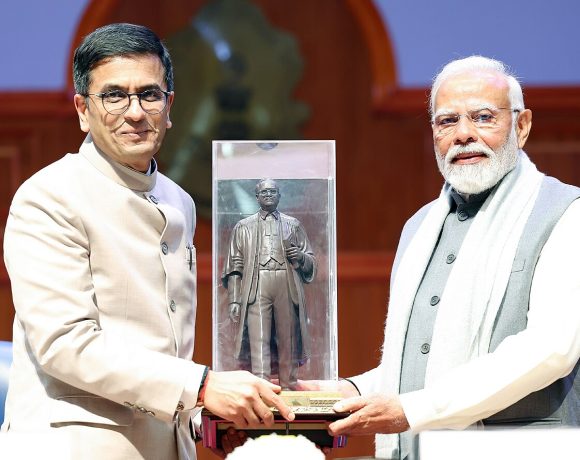
India Rejects Pakistan’s Arbitration Move Under Indus Treaty
India has strongly objected to Pakistan’s recent push to convene an arbitration court under the Indus Waters Treaty, declaring the move illegal and procedurally invalid. In an official statement, New Delhi rejected the legitimacy of the arbitration process initiated by Islamabad, stating it was outside the provisions of the 1960 treaty and tantamount to a diplomatic “charade” aimed at undermining a decades-old water-sharing mechanism.
The Ministry of External Affairs has asserted that the arbitration proceedings initiated at Pakistan’s behest do not conform to the Indus Waters Treaty’s structured dispute-resolution mechanism. India emphasized that the treaty provides a graded process for handling differences and disputes, beginning with bilateral consultations, followed by referral to a Neutral Expert, and only under exceptional failure of that process, to a Court of Arbitration. The current initiative, it stressed, skips crucial procedural steps and lacks legitimacy.
Indus Treaty Dispute
The Indus Waters Treaty, brokered by the World Bank in 1960, governs the distribution of six rivers between India and Pakistan. It has survived multiple wars and diplomatic standoffs, largely due to its clear frameworks for conflict resolution. India reiterated that it has consistently abided by the treaty and undertaken hydroelectric projects on the western rivers strictly within permitted parameters. Pakistan, however, has increasingly raised objections over Indian projects, especially those in Jammu & Kashmir, and has now escalated the matter to arbitration without exhausting the treaty’s other mechanisms.
India’s Legal Objection
India has termed the current arbitration tribunal convened at Pakistan’s request as “unlawful” and outside the scope of the treaty. Officials argue that such unilateral moves distort the delicate balance enshrined in the treaty and could render it ineffective if not firmly countered. According to India, arbitration cannot be pursued in parallel with a Neutral Expert process, and Pakistan’s attempt to do so is in violation of both the letter and spirit of the agreement.
Strategic Concerns
Beyond legal technicalities, India sees this move as a precedent-setting maneuver that could politicize future treaty interpretation and spark unnecessary legal entanglements. Accepting the validity of such a tribunal, Indian officials argue, would set a dangerous benchmark for future bilateral treaties by allowing one party to bypass agreed protocols under the guise of arbitration. India has urged Pakistan to withdraw from the arbitration and instead return to the original dispute resolution path envisaged in the treaty.


















